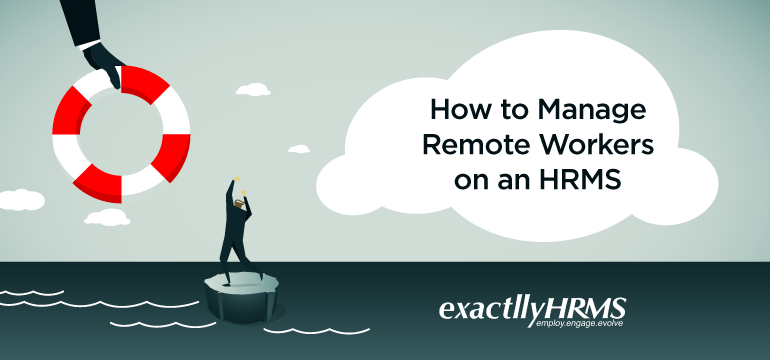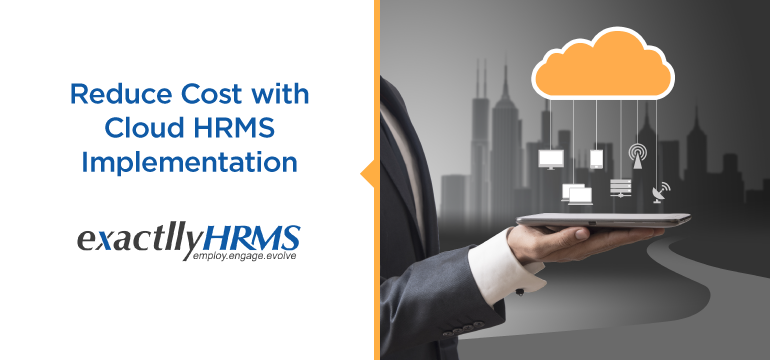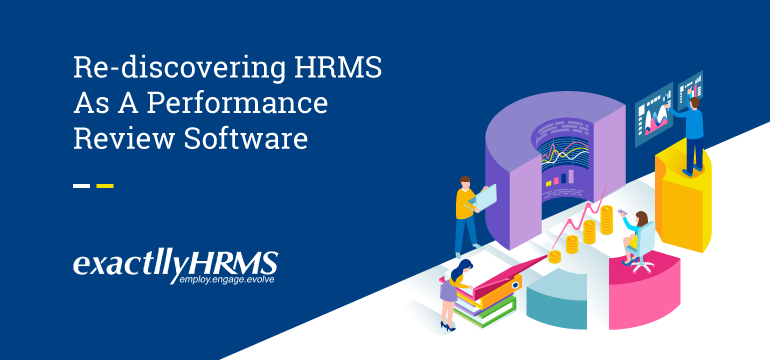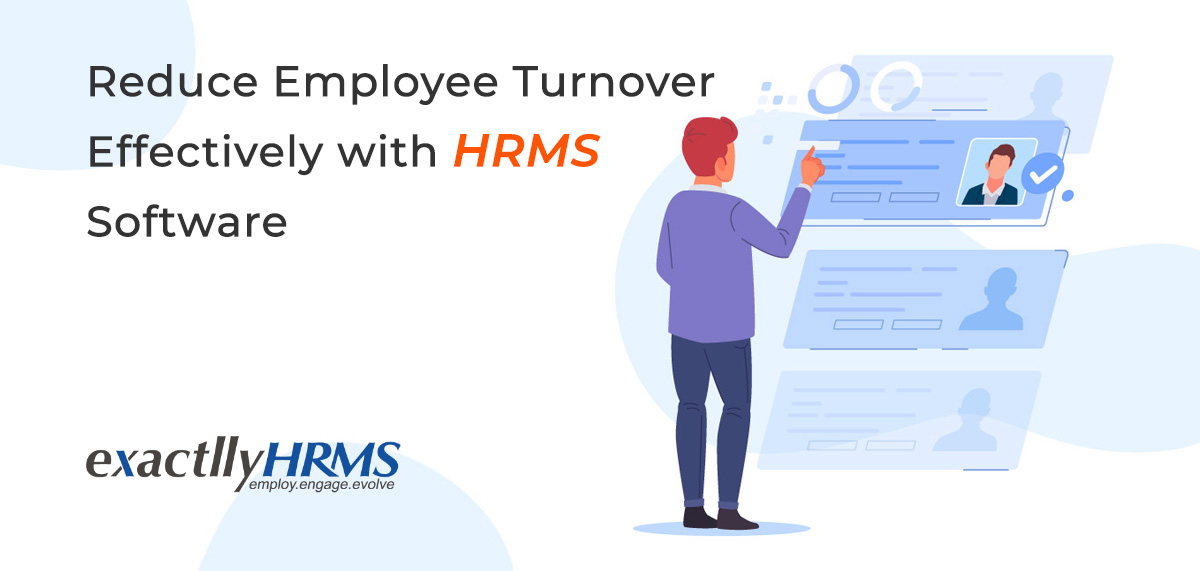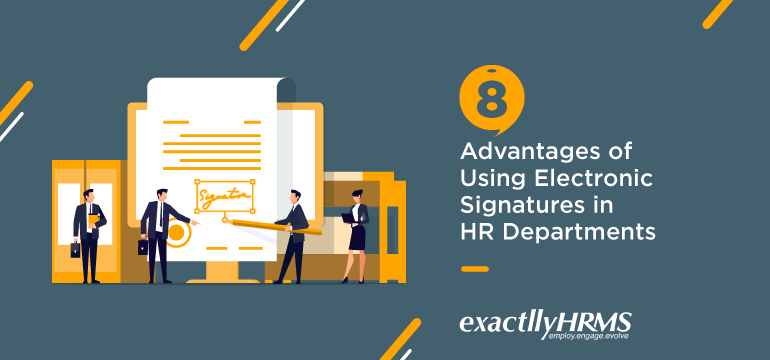The Convenience of HRMS Analytics
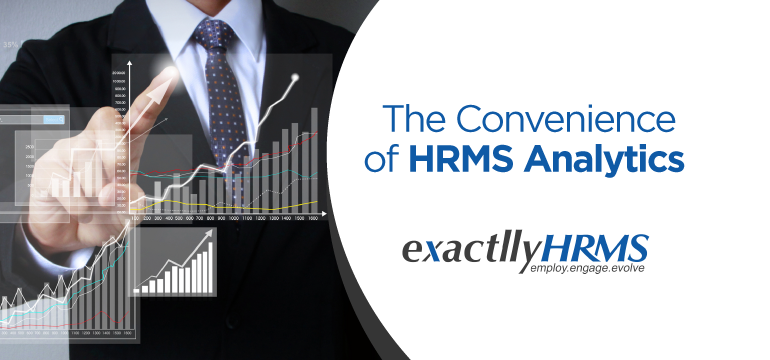
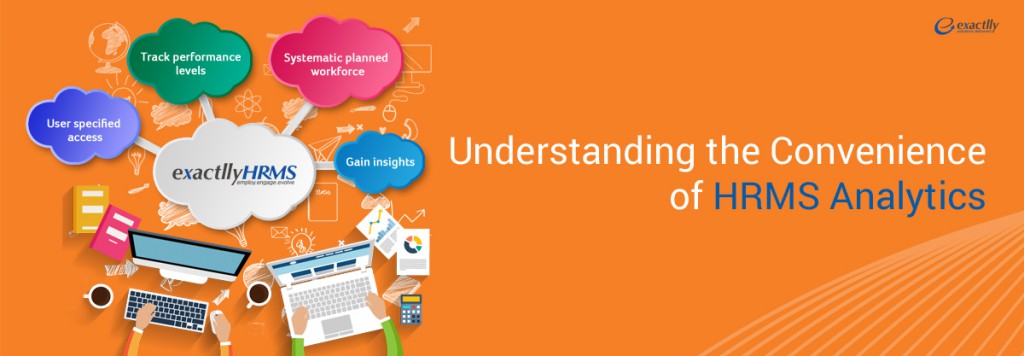 HR department produces a lot of information about employees. Information recorded may include qualification, skill sets, over time, work preferences and other personal details.
HR department produces a lot of information about employees. Information recorded may include qualification, skill sets, over time, work preferences and other personal details.
However, how does accumulating information from every employee on a day-to-day basis help if it is not put to better use?
The HR department has always been a less prioritised section, especially among small and medium-sized companies due to its inability to bring anything significant to the board room discussion.
Anyhow, HRMS Analytics provides the answer by utilizing real-time information for strategic decision making. HRMS technology has made it convenient and cheaper for HR managers to analyze humongous data in different files and folders through a subscription-based pricing model.
Following are the number of ways how HRMS Analytics software helps HR managers:
- It allows HR managers to draw patterns and predictions to gain insights about workforce.
- Systematic and carefully planned workforce appointment, allocation and anticipation minimize risks associated with untimely leaves and resignations leading to loss of business.
- It also helps in effective utilization of talent.
- HRMS analytics helps HR to track performance levels of employees and make suitable decisions for business growth.
- Analytics allows managing information that can be merged and integrated.
- Analyzed information can be visually presented in a powerful manner
- You can also put data restriction so that only specified users have access to sensitive information for analysis.
- Simple and easy to use tools in Analytics allow you to analyze both structured and unstructured HR data.
Using HRMS Analytics
Establishing a clear vision before using Analytics is crucial to avoid waste of time and money.
The outcomes are only as good as the vision. It is not true to say that analytics does not require human intervention.
Having a comprehensive view of what you want from the application is important to begin with. Whether it is productivity improvement or risk management, all efforts should concur with each other to come to a defined outcome.
The reliability of data being put to use is extremely important. HR managers should verify the authenticity of data pulled from different sources to avoid drawing wrong interpretation.
To get a broader understanding of Analytics, it is important that analytics team has necessary skills like HR knowledge / experience, operational knowledge / experience, and prior experience in consulting.
Only then it is possible to generate value to business. The analytics team should work in tandem with business owners, investors and advisors to draw thoroughly practical conclusions about workforce that drive business growth.
HRMS Analytics supports long-term business goals
HRMS analytics can be utilized to make fact-based decisions to manage workforce. Business performance results can be used to determine productivity of workforce.
HR managers can closely work with people and designate better roles for each individual working in the organization.
It is the amalgamation of technology and human behavior that makes HRMS Analytics a preferred module for business leaders. Analytics can measure employee characteristics like leadership skills, personality, timeliness etc.
It can help to retain the best employees in the company. Employee promotion and relocation decisions can be effectively made with analytics.

